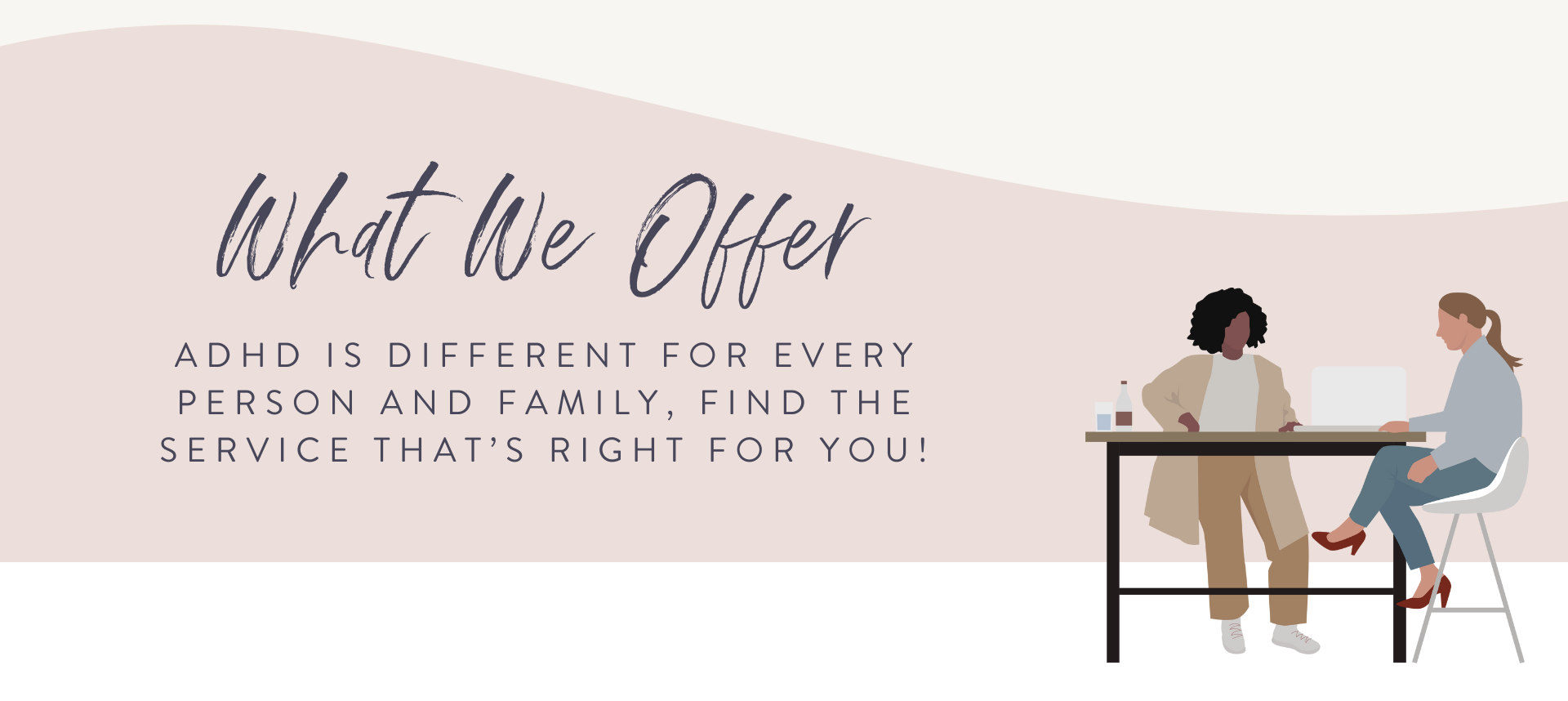I was diagnosed with ADHD in 5th grade, but I didn’t learn to manage it until I was nearly 20.
While I tried my hardest in school, each year led to new disappointments as I failed to meet deadlines and expectations. The situation felt hopeless, and both my parents and myself were left frustrated and tired.
When the same pattern started to reoccur in college, I knew I had to make a change. So, I leaned into the positive side of ADHD and hyper-focused on finding a support system that worked. I talked to experts and friends, researched, and through trial and error finally created a system that helped me cut through the noise and find success. Once I had a better understanding of myself, it was easier to find the tools I needed to be more organized, stay on schedule, and even open my own business
At Focus Forward, we help you build a personal game plan to thrive with your ADHD so that you or your child can take control of your lives.























































